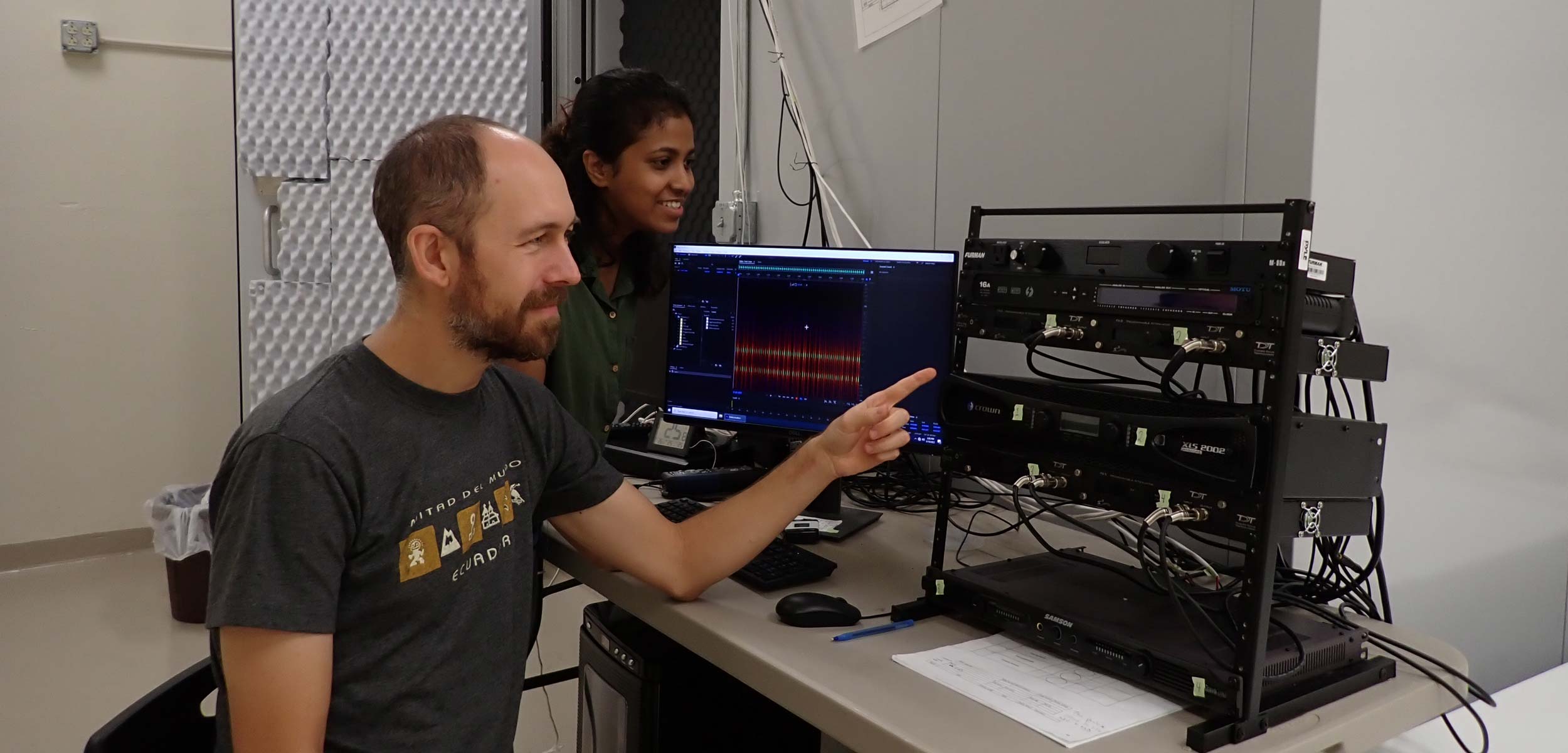
OSU receives NSF grant to host research mentor program for recent biology grads
Wednesday, August 31, 2022
Media Contact: Elizabeth Gosney | CAS Marketing and Communications Manager | 405-744-7497 | egosney@okstate.edu
Thanks to a $2.7 million grant from the National Science Foundation, Oklahoma State University will be home to a three-year program to mentor recent college graduates with biology degrees.
The NSF Research and Mentoring for Postbaccalaureates in Biological Sciences (RaMP) program will begin at OSU in June 2023 with an initial class of eight mentees, who will spend the year researching and training in professional skills.
“Strong mentorship by leaders in biological fields is one of the most critical factors in retention of people in STEM fields,” said Dr. Liz McCullagh, integrative biology assistant professor. “An important aspect of the NSF’s RaMP program is training opportunities for faculty in how to help students and recent graduates build their resumes, making them competitive in future STEM careers. We are really excited to get this program going and to serve the needs of people in Oklahoma and nationally.”
Research experience is one of the most important factors for recent college graduates to get jobs in the sciences, according to OSU Department of Integrative Biology faculty. McCullagh and fellow integrative biology assistant professor Dr. Michael Reichert will utilize the mentorship program to recruit and train recent biology graduates. The program — officially titled RaMP: Oklahoma Network, or ON-RaMP for short — will focus on human impacts on biological processes and involve students working closely with faculty mentors from the College of Arts and Sciences and the Ferguson College of Agriculture on paid, one-year research projects.
“One of the biggest scientific challenges of this century is to understand how human activities are affecting biological processes,” Reichert said. “OSU has a great group of researchers tackling this challenge, from understanding disease spread to the way ecosystems are affected by development. Having such a strong group of faculty and resources at the university was a big reason we were one of only 12 schools in the country chosen to host this program. We are very excited for this opportunity to train recent college graduates and build collaborations.”
